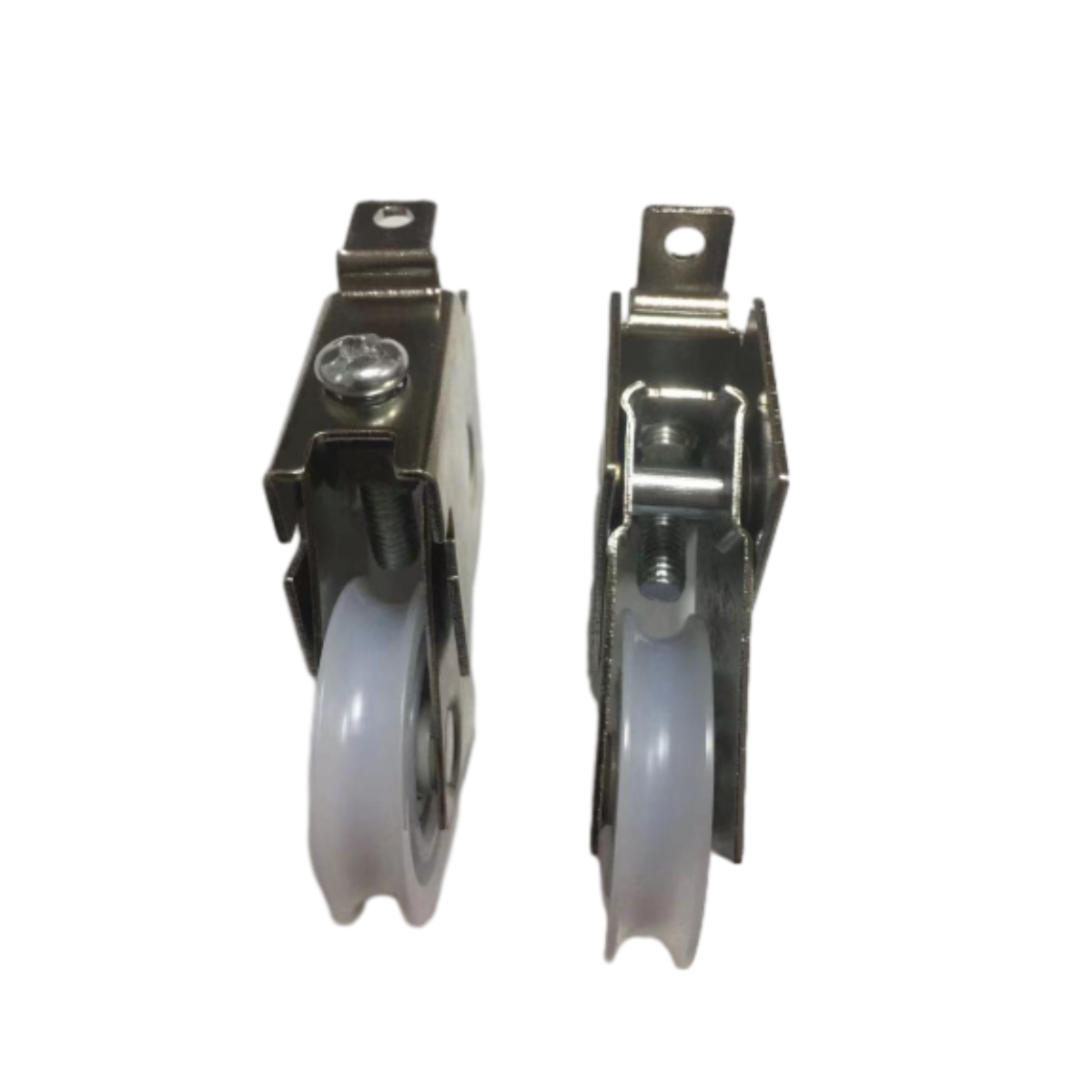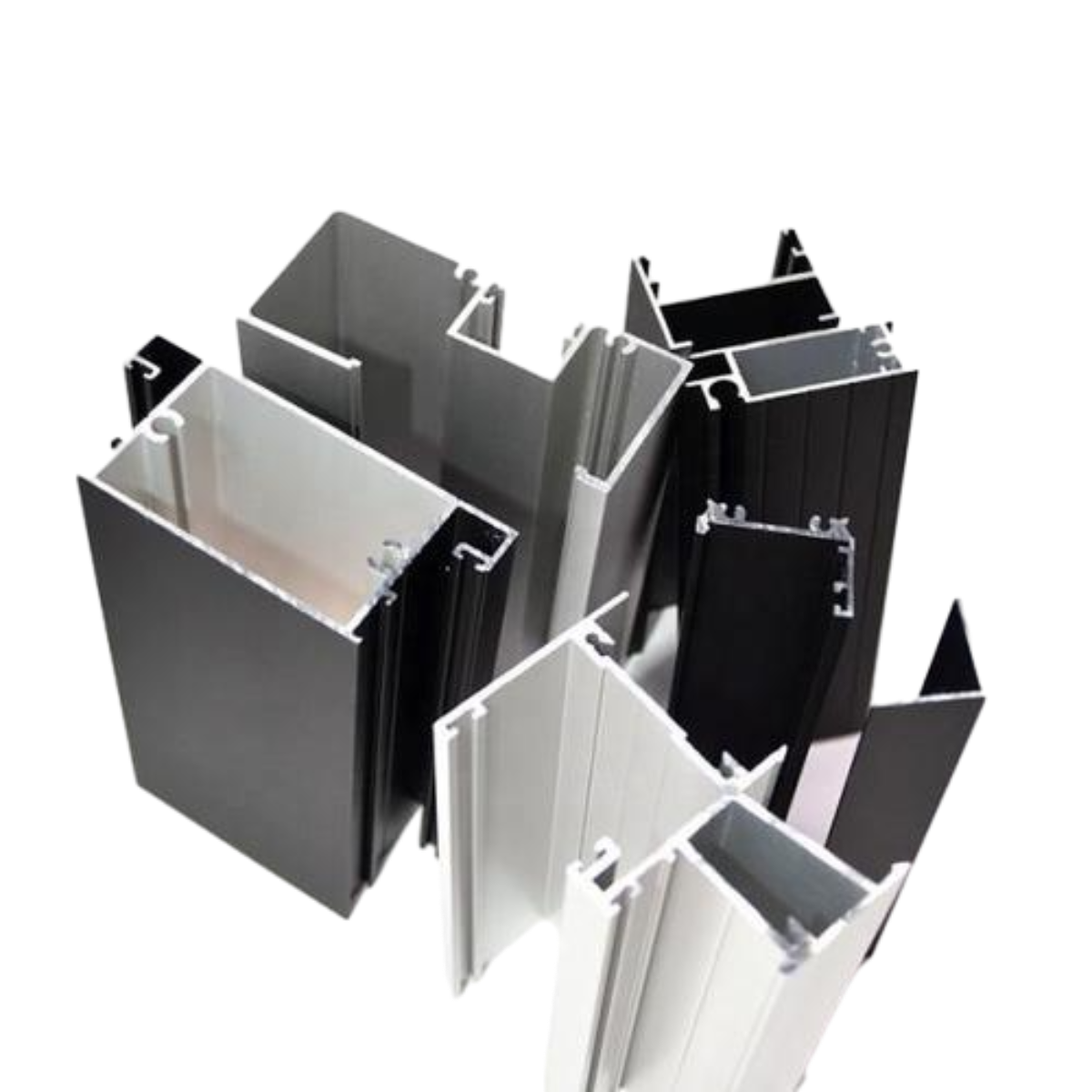Exploring Different Types of Spearheads and Their Historical Uses and Significance in Warfare
The Various Types of Spearheads and Their Applications
Spearheads have played a pivotal role in human history, serving as one of the earliest forms of weaponry and hunting tools. Their design and functionality have evolved over time, giving rise to a variety of spearheads tailored for different purposes. Understanding the types of spearheads is not only fascinating from a historical perspective, but it also provides insight into ancient warfare, hunting techniques, and cultural practices.
1. Ornate Spearheads
Ornate spearheads are often crafted for ceremonial purposes rather than practical use. These spearheads, which may be richly decorated with carvings and engravings, often serve as status symbols within various cultures. They are commonly found in the artifacts of ancient civilizations, reflecting the artistic style and technological capabilities of the time. While these spearheads may not be functional in combat, they hold significant cultural and historical value.
2. Broadheads
Broadheads are characterized by their wide, flat blades that are designed for maximum penetration and lethality. Typically used in hunting, broadheads are ideal for taking down large game due to their effective cutting surface. Their design allows for a greater probability of causing critical wounds, making them a preferred choice among hunters seeking to maximize their success. Broadheads come in various styles, including fixed and mechanical options, each suited for different hunting conditions.
3
. Barbed SpearheadsBarbed spearheads incorporate small protrusions along their edges, designed to prevent the spear from being easily withdrawn after it has penetrated a target. This design is advantageous not only in hunting but also in combat situations where retention of the spear is crucial. Barbed spearheads can inflict greater damage and ensure that the prey or enemy cannot escape once hit. They’ve been widely used in various cultures, especially in fishing and hunting scenarios.
types of spear heads

4. Leaf-Shaped Spearheads
The leaf-shaped spearhead is known for its distinctive, leaf-like design, which offers a balance between cutting power and thrusting capability. This type of spearhead is versatile, suitable for both stabbing and slashing motions. Leaf-shaped spearheads were popular in many ancient cultures, including Roman and Celtic civilizations, where they were used for both hunting and warfare. Their symmetrical design allows for efficient handling in various combat situations.
5. Tanged Spearheads
Tanged spearheads feature a projection at the base that allows for easy attachment to wooden shafts, enhancing stability and strength. They were common in Europe from the Bronze Age through the Iron Age. Tanged designs also facilitate the replacement of damaged spearheads without needing to replace the entire spear, an essential feature in ancient warfare. These spearheads are favored among reenactors and collectors, as they represent a significant technological advancement in ancient weaponry.
6. Socketed Spearheads
Socketed spearheads are designed to fit snugly into the end of a shaft, providing a firm attachment that allows for increased control during use. This type of spearhead became widespread in the late Bronze Age and early Iron Age. Their design minimizes the risk of breakage during use and ensures better performance in both offensive and defensive situations. Archaeological finds of socketed spearheads reveal their prevalence in ancient combat scenarios and hunting practices.
Conclusion
The diversity of spearhead designs reflects the ingenuity and adaptability of early humans as they responded to their environment and needs. From ornate ceremonial pieces to practical hunting tools, spearheads hold a mirror to the evolution of human society, shedding light on the cultural, technological, and ecological contexts of their time. By studying these various types, we gain a deeper appreciation for the craftsmanship and historical significance behind one of humanity's earliest tools. Whether for warfare, hunting, or ceremonial purposes, spearheads continue to inspire curiosity and admiration even today.
-
Why Choose Cast Iron for Your Next Project?NewsApr.27,2025
-
Timeless Charm of Cast Iron Decorative ElementsNewsApr.27,2025
-
Wholesale Cast Iron Products: A Growing Trend in Home and Garden DécorNewsApr.27,2025
-
The Advantages of Using Ornamental Cast Iron Parts in Your Design ProjectsNewsApr.27,2025
-
Why Ornamental Iron Castings Are Essential for Timeless DesignNewsApr.27,2025
-
The Elegance and Durability of Ornamental Cast Iron PanelsNewsApr.27,2025















